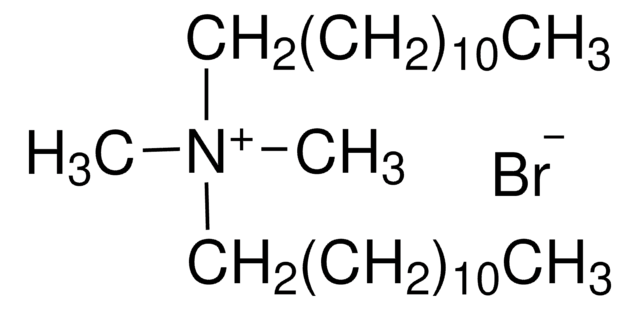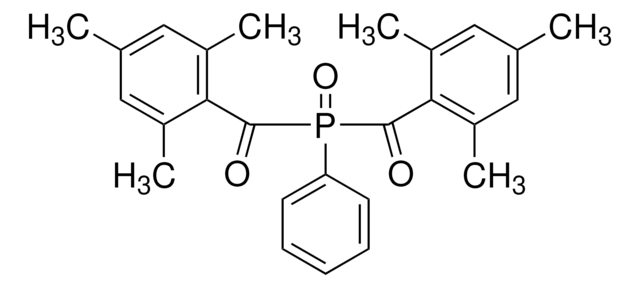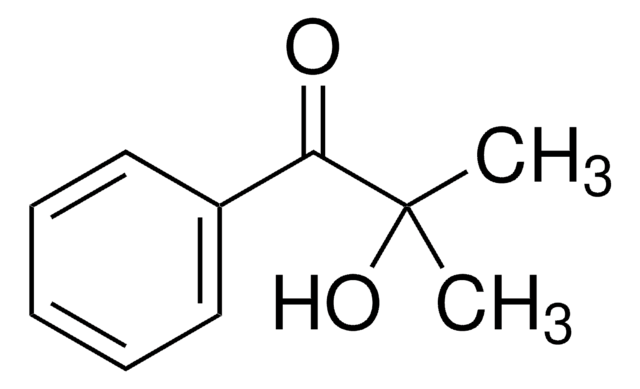653608
Aluminum
powder, <5 μm particle size, 99.5% trace metals basis
About This Item
Produits recommandés
Niveau de qualité
Pureté
99.5% trace metals basis
Forme
powder
Température d'inflammation spontanée
1400 °F
Résistivité
2.6548 μΩ-cm
Taille des particules
<5 μm
Point d'ébullition
2460 °C (lit.)
Pf
660.37 °C (lit.)
Densité
2.7 g/mL at 25 °C (lit.)
Chaîne SMILES
[Al]
InChI
1S/Al
Clé InChI
XAGFODPZIPBFFR-UHFFFAOYSA-N
Catégories apparentées
Application
- generation of hydrogen from water
- precursor in the chemical industry
- mechanical alloying
- energy materials
Mention d'avertissement
Danger
Mentions de danger
Conseils de prudence
Classification des risques
Pyr. Sol. 1 - Water-react 2
Code de la classe de stockage
4.2 - Pyrophoric and self-heating hazardous materials
Classe de danger pour l'eau (WGK)
nwg
Point d'éclair (°F)
Not applicable
Point d'éclair (°C)
Not applicable
Faites votre choix parmi les versions les plus récentes :
Déjà en possession de ce produit ?
Retrouvez la documentation relative aux produits que vous avez récemment achetés dans la Bibliothèque de documents.
Articles
An article concerning self-propagating reactions induced by mechanical alloying, presented by Sigma-Aldrich.com.
Notre équipe de scientifiques dispose d'une expérience dans tous les secteurs de la recherche, notamment en sciences de la vie, science des matériaux, synthèse chimique, chromatographie, analyse et dans de nombreux autres domaines..
Contacter notre Service technique






